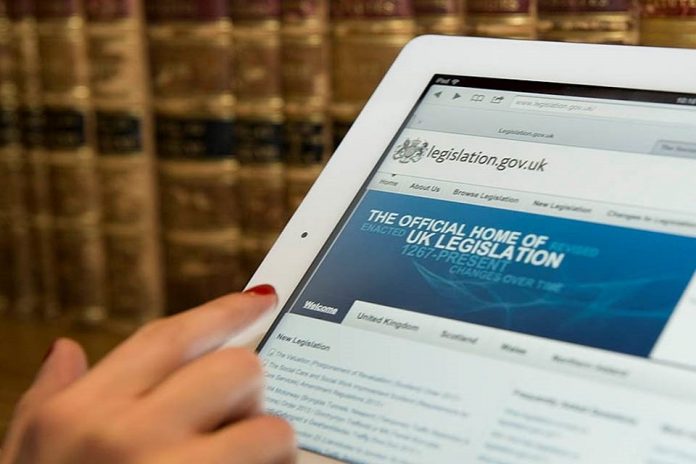UK Prime Minister Theresa May recently said that the laws of the country will be reviewed to make sure that what is illegal offline is also illegal online.
A green paper on Internet safety strategy was published by the government in October 2017 which emphasised that abusive and threatening behaviour online is completely unacceptable.
The UK Law Commission will hold an online law review to evaluate if current laws are sufficient to ensure parity in regards to the treatment of offensive behaviour occurring both offline and online. The review will encompass the Malicious Communications Act 1988 and also the Communications Act 2003.
The UK government has additionally said that a comprehensive new social media code of practice will be launched in 2018 which will lay down the minimum expectations of social media companies.
Also planned is an annual internet safety transparency report that will offer UK data on offensive online content as well as the action being taken to eliminate it.
The annual report is aimed at setting baselines for benchmarking companies’ progress, as well as encouraging the sharing of best practice between companies, the government said.
The proposed social media code of practice will offer
- Rules regarding development, enforcement and review of community guidelines for the content uploaded by users.
- Prevention of abusive behaviour online as well as the misuse of social media platforms.
- Reporting mechanisms for inappropriate, bullying and harmful content, and policies for taking this content down.
- Guidance for helping users to identify illegal content and for reporting it to the authorities.
- Policies and practices companies covering privacy issues.
The transparency report will contain
- The extent of harmful content reported to companies.
- The volume and amount of such material taken down.
- Review of social media companies’ handling of complaints.
- Process followed by online platforms to moderate harmful and abusive behaviour, and the policies in place to tackle it.
Policies For Protection of Politicians And Children
Matt Hancock, secretary of state for digital, culture, media and sport has recently announced that an online safety guide will be developed by the UK Council for Child Internet Safety (UKCCIS).
He also stated that major online platforms such as Google, Facebook and Twitter had committed to roll out separate support during election campaigns for handling abusive content. The companies will also offer advice and guidance to parliamentary candidates for remaining safe and secure online.
The initiative comes after the Committee on Standards in Public Life (CSPL) recommended that additional support be provided to Parliamentary candidates for remaining safe and secure during election campaigns.
UK As Safest Place To be Online
Asserting that the aim was to make the UK “the safest place in the world to be online”, Hancock said that measures are being taken to have “tailored protections in place” for online platforms along with altering laws for tackling “online harms”.
Law commissioner David Ormerod said that the digital world throws up “new questions” and therefore there is a need to ensure that the law is “robust and flexible” enough to tackle them. He added that the criminal law must provide “appropriate protection” in both online and offline spaces to remain safe.
The government has stated that further steps regarding the internet safety strategy, will be released in the coming months.
The UK children’s commissioner urged better support for child privacy in January 2017 after a study showed that most are unknowingly sharing private data.
In March 2017, a House of Lords Select Committee report on online safety also said that the government along with internet service providers must do more to protect children using the internet. Recommendations in the report included “top-down, sustained” leadership from the government on the issue, along with digital literacy programs and minimum standards for internet services and content providers among other things.



